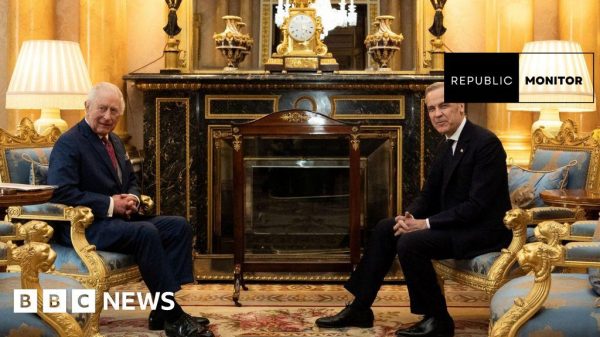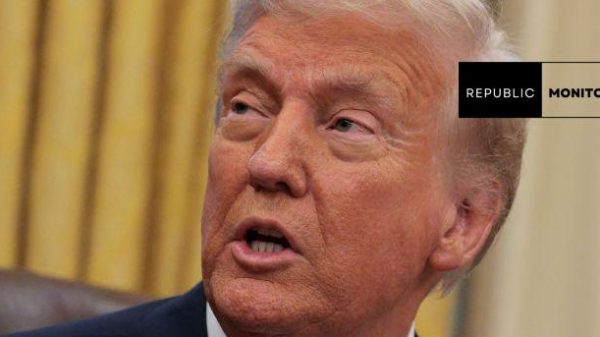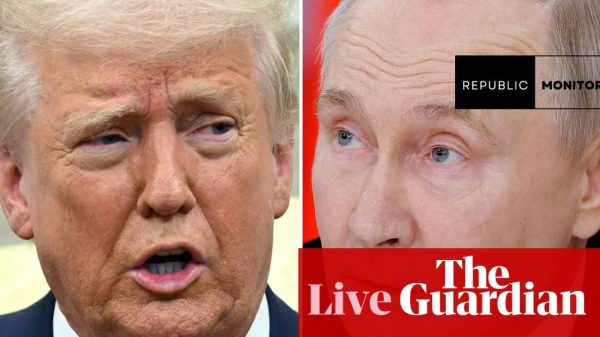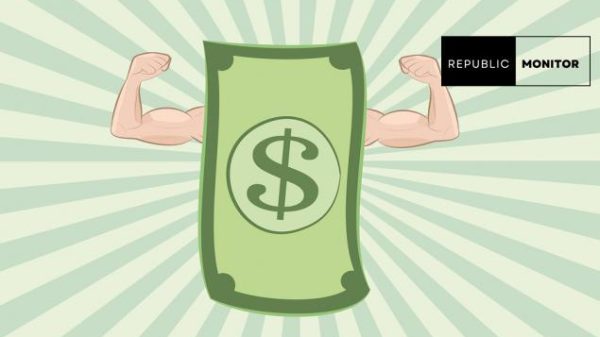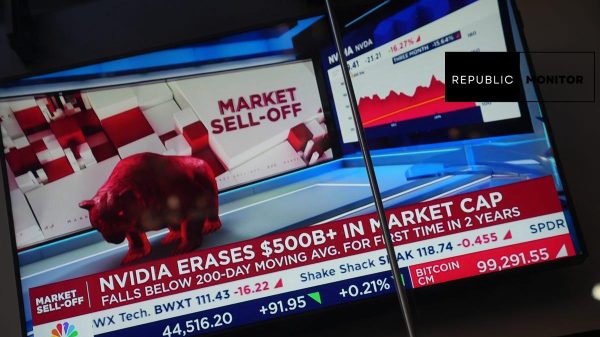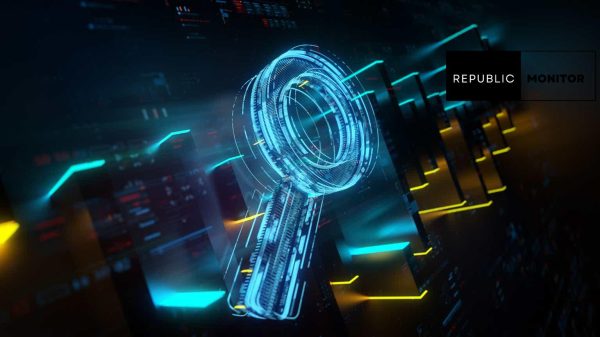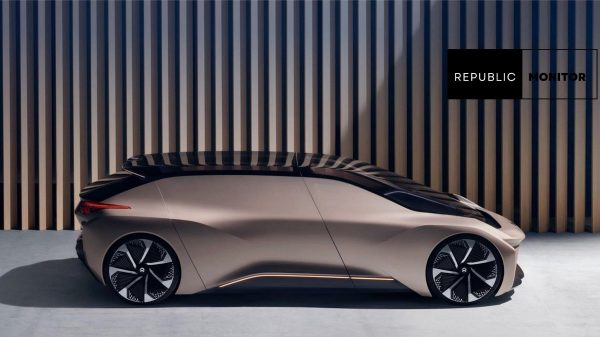The United States and China are at loggerheads in an ongoing technology race, with the latest battleground being the field of electric vehicle (EV) batteries. The US government has proposed new rules that would limit tax credits for electric car buyers if they use battery materials sourced from China or other countries deemed “hostile” to the US..The move is aimed at reducing U.S.dependence on Chinese supply chains, but there was strong opposition from China’s Ministry ofCommerce, which says the rule discriminates against Chinese companies and violates World Trade Organization (WTO) rules.is inviting.

China’s EV Battery Market Dominance
China is a major player in the global electric vehicle (EV) battery sector, led by companies like CATL and BYD. These Chinese giants have contributed significantly, making up around 53% of the world’s EV battery usage in the first ten months of this year. Furthermore, China holds the top position as the largest EV market globally, with a substantial 58% share, surpassing the US and Germany.
Chinese Battery Firms Establishing US Facilities
Chinese battery manufacturers are actively seeking to set up factories in the United States to maintain cost advantages and qualify for electric vehicle tax credits.Companies like Gotion, BYD, and CATL have strategic plans to manufacture in the United States, but are facing obstacles.
For example, Ford temporarily halted plans to build a $3.5 billion electric vehicle battery factory with CATL in Michigan as U.S. politicians consider partnering with Chinese companies.
South Korean Battery Manufacturers Have Opportunities
As the technology war between the U.S.and China intensifies, there is an opportunity for other battery manufacturers to fill the gap.Korean companies such as LG, Samsung and SK On offer competitive alternatives to Chinese-made batteries and are expected to benefit from the deterioration in US-China relations.However, these Korean companies also face challenges due to increasing geopolitical complexity.
One example is SK Group’s battery division SK On, which was selected by both Ford and Hyundai to build battery factories in the United States.However, SK Group President Choi Tae-won criticized the US for keeping battery costs high.For this reason, SK On is currently exploring options outside China to source materials outside of China.China currently dominates the global electric vehicle battery supply chain, from mining rare minerals to refining and cell production.

